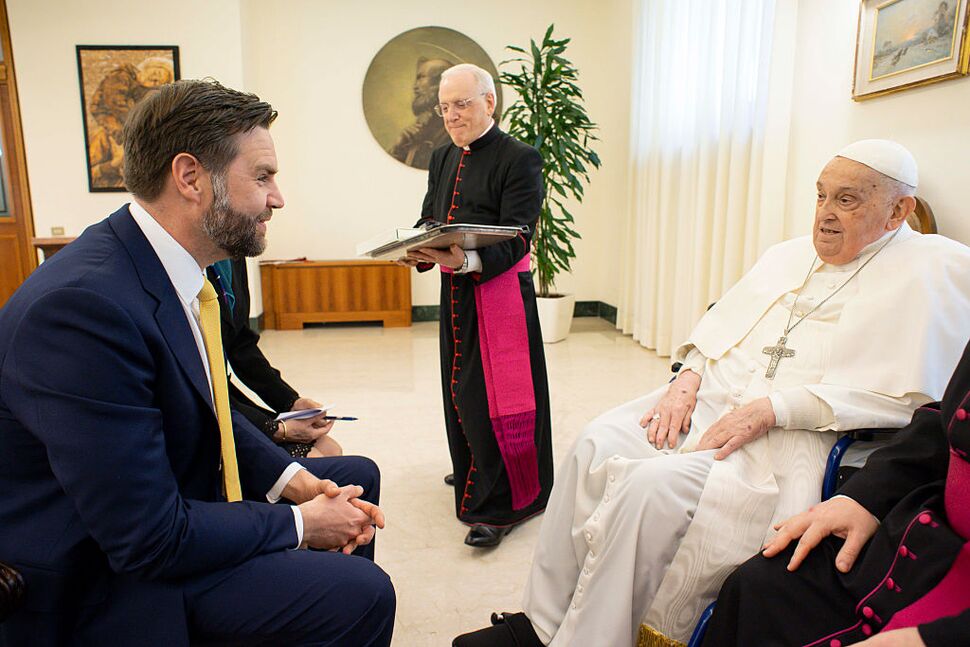
“A Conclave Based on Compassion: Honouring Pope Francis’ Legacy”2025

Pope Francis’ legacy looms large as the Catholic Church stands at a critical juncture in its history. The way the world views the Church and its place in the contemporary world has changed as a result of his papacy, which was characterised by humility, compassion, and an unwavering dedication to the underprivileged. The question that emerges as conjecture regarding the papacy’s future intensifies is: how will the upcoming conclave embody the principles that Pope Francis has promoted? This blog examines the significant effects of his leadership and imagines a conclave based on the values of service, inclusivity, and compassion that have characterised his tenure.
Barcelona
The Francis Era: A Papacy of Radical Compassion
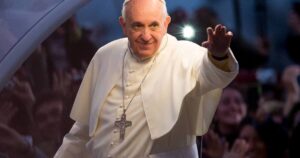
Pope Francis has changed the world, not just the Catholic Church, since he was elected in 2013. He arrived at the Vatican with a viewpoint influenced by his Jesuit upbringing and his close ties to the underprivileged. He was born Jorge Mario Bergoglio in Buenos Aires, Argentina. His choice of the name Francis, in homage to St. Francis of Assisi, the patron saint of the impoverished and the environment, foreshadowed a papacy that would place a premium on empathy and simplicity.
Francis has demonstrated leadership through a number of audacious, frequently unorthodox actions. He has embodied the call to serve “the least of these” by washing the feet of Muslims, refugees, and prisoners during Holy Thursday ceremonies. In his encyclical Laudato Si’, he has urged the world to take care of our “common home” and promoted environmental stewardship. His focus on mercy, demonstrated in the 2016 Amoris Laetitia, has challenged traditionalists and sparked discussions about inclusivity for Catholics who have divorced or remarried.
Most remarkably, Francis has repeatedly advocated for a “poor Church for the poor.” His rejection of the opulent papal accoutrements and his choice to live in the humble Casa Santa Marta instead of the Apostolic Palace demonstrate his dedication to humility. In addition to winning him millions of admirers, these deeds have raised the bar for what it means to be a Church leader in the twenty-first century.
The Challenges of Francis’ Legacy
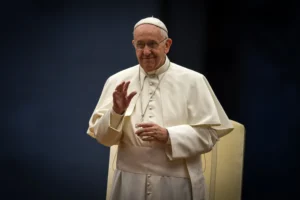
Pope Francis’ pontificate has not been without controversy, despite his immense popularity. Conservative elements within the Church have criticised him for his progressive views on topics like interfaith dialogue, migration, and climate change. While some traditionalists contend that his reforms run the risk of weakening Catholic doctrine, others view his openness as a necessary development in a world that is changing quickly.
This tension is best illustrated by Francis’s signature initiative, the Synod on Synodality. The synod aims to increase the Church’s responsiveness to modern issues and participation by promoting communication and cooperation between bishops, clergy, and laypeople. But it has also spurred discussion about how the global Church should strike a balance between diversity and unity.
As the College of Cardinals prepares for the next conclave, these divisions will undoubtedly shape the selection of Francis’ successor. Will the cardinals prioritize continuity with his vision, or will they seek a return to a more traditional approach? The answer lies in the values that the conclave chooses to elevate.
Envisioning a Conclave Rooted in Compassion
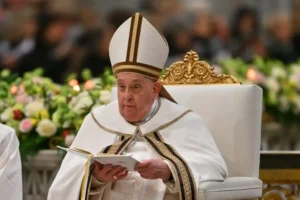
For the Church, the conclave—the hallowed assembly of cardinals charged with choosing a new pope—is a time of great discernment. The next conclave must make compassion its guiding principle in order to honour Pope Francis’ legacy. This entails choosing a leader who exemplifies the virtues that have characterised Francis’ pontificate: service, humility, and compassion for the underprivileged.
1. A Leader for the Marginalized
The poor, refugees, and outcasts have always been at the centre of Pope Francis’ ministry. This focus must be maintained by the next pope, who must speak up for those who are frequently left out of international discussions. This could entail choosing a leader with a track record of assisting marginalised communities or appointing a cardinal from the Global South, where the Church is expanding the fastest.
2. A Voice for Dialogue and Inclusion
Francis’ focus on dialogue and mercy has created new opportunities for the Church. In order to promote unity without suppressing diversity, the next conclave should look for a pope who can successfully negotiate the challenges of a pluralistic world. In addition to continuing the synodal process of hearing the faithful’s voices, this leader must be open to interacting with people of different faiths and sensitively handling sensitive topics like gender and sexuality.
3. A Champion for Creation
Pope Francis’ Laudato Si’ has established the Church as a moral leader in the fight against the environmental crisis, which is one of the most significant issues of our time. Building on this tradition, the next pope must exhort governments, corporations, and people to take decisive action to save the environment. Compassion-focused conclaves will understand the connection between environmental stewardship and social justice.
4. A Model of Humility
A world tired of institutional arrogance has found great resonance in Francis’ rejection of pomp and circumstance. His embrace of accessibility and simplicity should serve as a model for the next pope. Rebuilding faith in the Church, especially in areas where it has been damaged by scandal or perceived disengagement, will require this humility.
The Global Church at a Crossroads

With more than 1.3 billion members on every continent, the Catholic Church is a worldwide organisation today. Given that it struggles with social, theological, and cultural differences, its diversity is both a strength and a challenge. Pope Francis has emphasised the universal call to love and serve one another in an effort to heal these divisions.
The Church’s ability to maintain this trajectory will be put to the test at the next conclave. For generations to come, the cardinals—many of whom Francis personally appointed—will have the chance to influence the direction of the Church. They can guarantee that the Church continues to be a ray of hope in a world that is broken by selecting a pope who embodies Francis’ compassion.
Conclusion: Carrying the Torch of Compassion
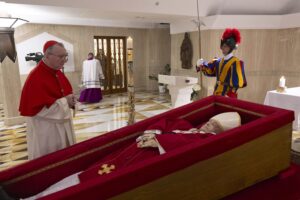
Pope Francis left behind a legacy of bravery, kindness, and unshakeable faith. He has pushed the Church to be a living example of the gospel, not just an organisation. The upcoming conclave has the opportunity to honour this legacy by choosing a pope who will continue the tradition of compassion as the world looks to the future.
The Church has a special chance to set an example during a period of uncertainty and division. The conclave can pave the way for a more compassionate, inclusive, and just world by upholding the principles that have characterised Francis’ pontificate: humility, service, and love for the underprivileged. The world, as well as the faithful, will be watching.





